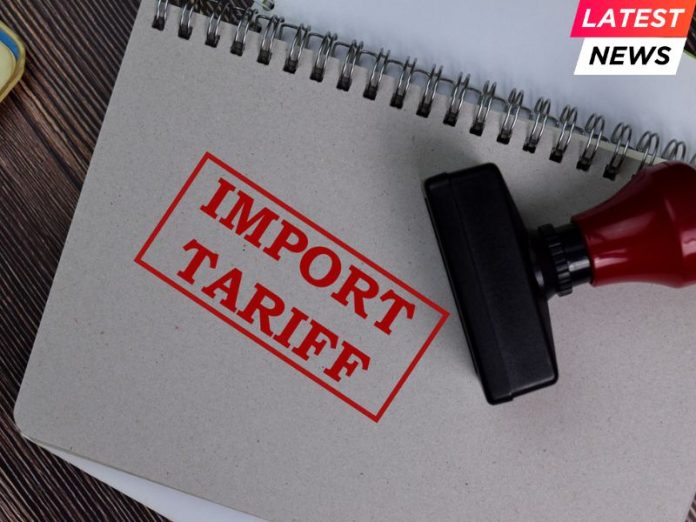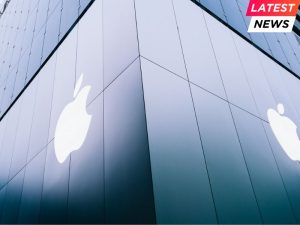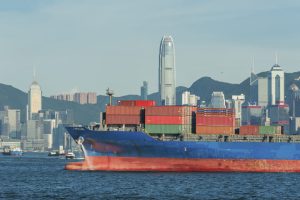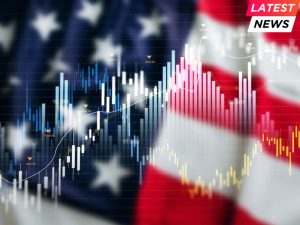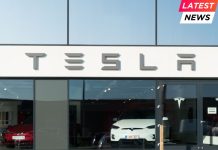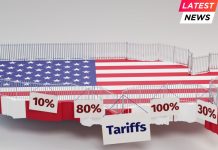The U.S. government announced late Friday that certain imported electronics will not be subject to the latest round of steep tariffs introduced by President Donald Trump, offering major relief to the technology sector and its investors.
In a notice from U.S. Customs and Border Protection, products such as smartphones, computer monitors, and various electronic components were confirmed to be excluded from the broad 145% import tax levied earlier this week on Chinese goods. These exemptions apply retroactively to items entering the country or leaving bonded warehouses starting April 5.
The carve-out is particularly significant for companies like Apple, which sources the vast majority of its iPhone production from China. According to Wedbush Securities, about 90% of Apple’s assembly operations for iPhones remain China-based — making the exemption critical for keeping product prices stable and supply chains intact.
“This is a highly positive development for tech stakeholders,” Wedbush analysts noted in a weekend update. “It gives major players — Apple, Nvidia, Microsoft — a temporary breather from what could have been substantial financial strain. It’s a strong signal ahead of what will likely be drawn-out trade talks.”
Though the new 20% duty aimed at Chinese goods over alleged fentanyl trade remains untouched, the electronic exemption is seen as a strategic step that could prevent severe cost increases across the consumer tech market. Research firms like Counterpoint warned that without this relief, prices for popular devices could have surged once U.S. inventories depleted. Apple is believed to hold about six weeks’ worth of product in the domestic market.
The White House maintained that the broader policy goal is to encourage U.S.-based manufacturing, not long-term dependency on imports. In a statement, press secretary Karoline Leavitt emphasized the administration’s commitment to rebuilding domestic production capabilities.
“The President believes America must regain control over the manufacturing of core technologies — from chips to smartphones,” Leavitt said. “He has successfully pushed major tech firms to invest heavily in American facilities, and that momentum continues.”
Trump also hinted at possible exceptions while traveling aboard Air Force One on Friday, suggesting some allowances might be necessary, but maintained that high import fees are the standard going forward.
While industry players welcomed the reprieve, economists noted the lingering risks for consumers. Fears of rising costs have already sparked a wave of early purchases of electronics and vehicles. Nintendo, for instance, postponed its pre-sale for the upcoming Switch 2 console to evaluate the impact of tariffs. Analysts said the expected price could jump by more than 30% due to additional duties.
Some goods — such as semiconductors — have been largely produced overseas for decades due to cost advantages. Now excluded from the tariff list, these components will continue to be sourced from Asia, benefiting companies like TSMC, Samsung, and SK Hynix in the short term.
Looking ahead, the White House confirmed that Trump plans to initiate a national security assessment related to chip imports under Section 232 — a provision that could potentially lead to further restrictions or targeted trade measures.
At a recent Republican National Congressional Committee event, Trump criticized his predecessor’s decision to award billions in federal funding to TSMC for its Phoenix plant, declaring he had taken a harder stance with foreign manufacturers by threatening significant penalties unless they brought production to American soil.
While the electronics exemption has eased immediate concerns, industry leaders and trade experts agree that the tariff standoff between the U.S. and China is far from over. Negotiations are expected to unfold over the coming months, leaving the global tech landscape in a delicate balancing act.


